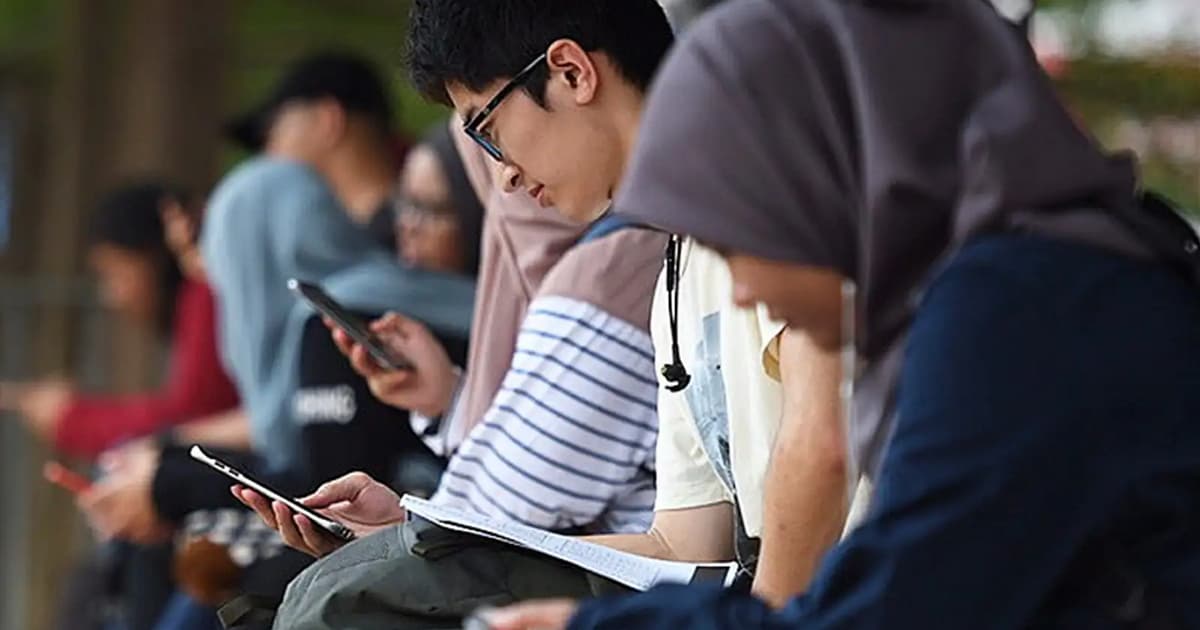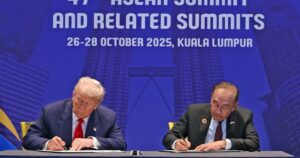
Setting the youth age range between 15 and 30 reflects Malaysia’s current socio-economic landscape and shows confidence in young people’s ability to contribute to nation building and community development.
Universiti Putra Malaysia youth development lecturer Murshid Arshad said the decision by the youth and sports ministry to lower the age limit starting Jan 1 next year is necessary to build a new generation of capable leaders.

He said the change gives youths more time to develop their careers and leadership skills while also accelerating their growth through early exposure to leadership roles and community involvement.
Murshid said that although the United Nations defines youths as those aged between 15 and 24, Malaysia’s move to extend this to 30 aligns with both socio-economic realities and global practices.
“It allows young people to transition into adulthood with the support of relevant policies and development programmes,” he said.
Last month, youth and sports minister Hannah Yeoh announced that the new maximum age of 30 for youths in Malaysia would take effect from Jan 1 next year, in line with amendments to the Youth Societies and Youth Development Act 2007.
The act currently defines youths as those aged between 15 and 40.
However, the Malaysian Youth Council (MBM) has warned that the change could leave up to 90% of youth organisations at risk of being deregistered for not meeting the new requirements.
According to Berita Harian, MBM president Izzat Afifi Hamid said only 10% of the 8,272 registered youth organisations had updated their constitutions to reflect the new definition, and only 54% of leadership positions were currently held by those aged 30 or below.

In response, Khairul Muzammil Eshak, former information chief of the Malaysian Association of Youth Clubs (MAYC), criticised calls to delay the move’s implementation.
With nearly 20 years in the youth movement, Khairul said the push to lower the age limit from 40 to 30 had been ongoing for years and supported by government-funded programmes.
He added that countries like Singapore and South Korea had already set youth age limits at between 25 and 30 after recognising that young people mature faster today due to technology.
“The real issue is that older individuals over 30 are unwilling to step aside, leaving younger people without leadership opportunities.”






